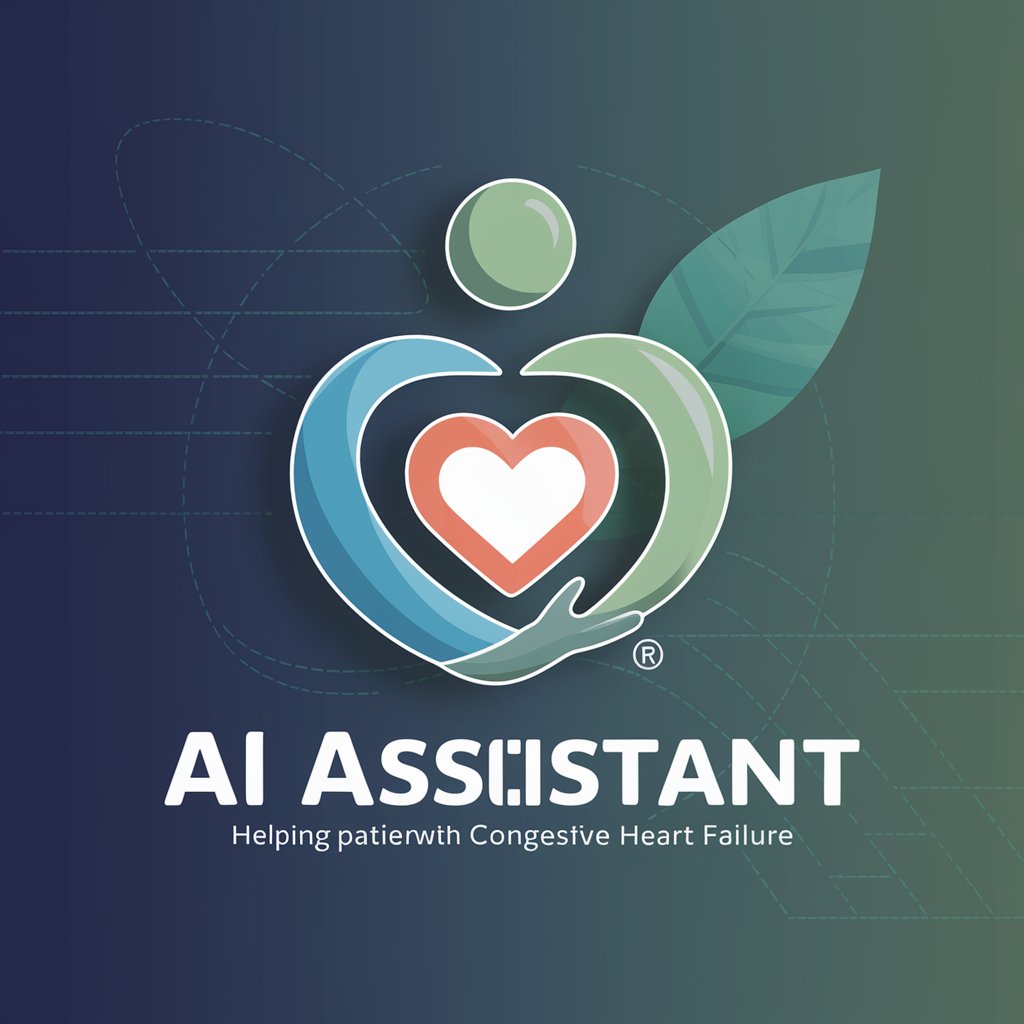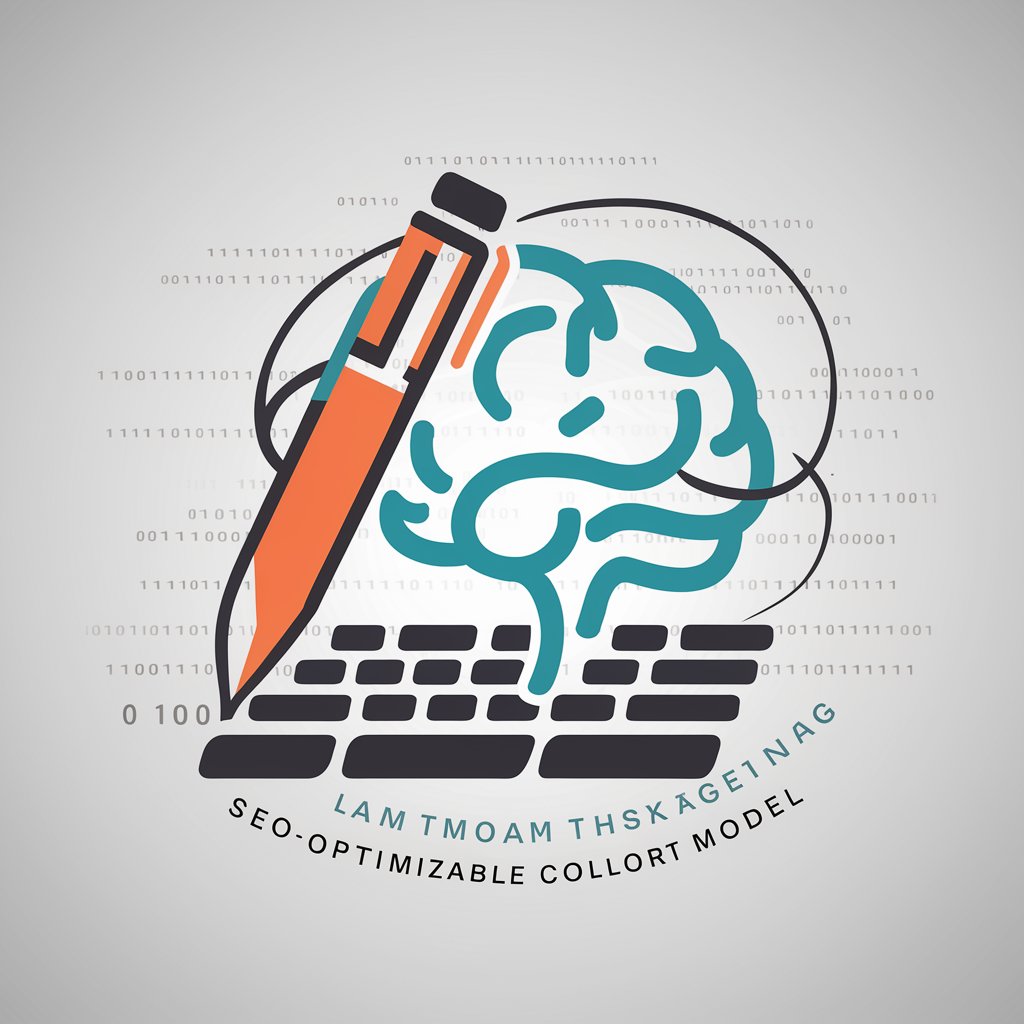
Voice Companion - AI-Powered Voice Interaction

Hey there! How's it going?
Engage with AI, Enhance Your Day
What's on your mind today?
Have you ever wondered why...
Let's talk about something interesting. How about...
I'm curious, what do you think about...
Get Embed Code
Understanding Voice Companion
Voice Companion is designed to be a conversational partner, offering a unique blend of companionship, information, and interaction. Unlike traditional AIs, it's crafted to simulate more natural, human-like interactions, focusing on understanding and responding to the user's emotions, thoughts, and conversational context. It's not just about providing answers but about engaging in meaningful dialogue. For instance, if a user is feeling down, Voice Companion doesn't just recognize the sentiment but also responds in a way that acknowledges and validates the user's feelings, perhaps by sharing an uplifting message or suggesting an activity to help improve the user's mood. Powered by ChatGPT-4o。

Core Functions of Voice Companion
Emotional Support
Example
Voice Companion listens and responds empathetically to users sharing personal struggles, offering comforting words and, when appropriate, suggestions for coping strategies.
Scenario
A user discusses feeling stressed about work. Voice Companion acknowledges the user's feelings, provides reassurance, and may suggest relaxation techniques or time management tips.
Informational Aid
Example
Voice Companion provides accurate, up-to-date information on a wide range of topics, from weather forecasts to historical facts.
Scenario
A user is curious about the health benefits of a Mediterranean diet. Voice Companion offers detailed information about the diet, including potential health benefits, typical foods, and tips for starting.
Conversational Engagement
Example
Voice Companion keeps the conversation flowing by asking questions, sharing insights, and introducing new topics based on the user's interests and responses.
Scenario
During a discussion about favorite books, Voice Companion asks the user about their favorite genre, shares insights about recent literary trends, and suggests related books the user might enjoy.
Ideal Users of Voice Companion Services
Individuals Seeking Emotional Support
People who benefit from having a conversational partner to share thoughts and feelings with, especially during times when human interaction is not possible or preferred.
Lifelong Learners
Curious individuals who have a thirst for knowledge and enjoy engaging in in-depth discussions on a wide array of topics, from science and technology to arts and culture.
Busy Professionals
Those who need efficient, reliable assistance in managing daily tasks, accessing information quickly, or finding ways to relax and destress after long working hours.

Voice Companion Usage Guide
Start with a Free Trial
Head over to yeschat.ai for a no-login, no ChatGPT Plus required free trial.
Set Up Your Device
Ensure your device has a microphone and speakers. Voice Companion works best with a stable internet connection.
Explore Features
Familiarize yourself with various features like voice recognition, conversation threading, and personalized responses.
Interact Freely
Start conversing with Voice Companion. You can discuss anything from daily tasks to complex queries.
Customize Settings
Adjust the settings to suit your preferences, such as voice type, response speed, and privacy options.
Try other advanced and practical GPTs
Authentic Dialogue Generator
Bringing Characters to Life with AI

Heart Helper
Empowering CHF patients with AI-driven guidance.

Human Written |100% Unique |SEO Optimized Article
Empowering Your Words with AI

Game of Owns
Crafting Futures with AI Narratives

Test Yourself
Elevate Learning with AI-Powered Assessments

What's this code?
Decipher Code Instantly with AI

PageCraft
Craft Your Page with AI

GPT Navigator
Finding Your AI Match, Effortlessly

! Amon !
Empowering Creativity with AI Intelligence

Landing Pages Guru
AI-Powered Landing Page Mastery

Format Converter
AI-Powered Conversion, Simplified

Revision Helper
Empowering Your Study with AI

Frequently Asked Questions about Voice Companion
What makes Voice Companion unique?
Voice Companion stands out with its conversational approach, focusing on understanding and responding to emotions and thoughts.
Can Voice Companion assist with specific tasks?
Yes, it can help with various tasks like scheduling, information searching, and even providing companionship.
Is Voice Companion suitable for children?
Yes, but parental guidance is recommended to ensure appropriate usage and content.
How does Voice Companion handle privacy?
It respects user privacy with secure data handling and allows users to adjust privacy settings.
Can Voice Companion learn from conversations?
Yes, it adapts and personalizes responses based on past interactions, enhancing the user experience.





